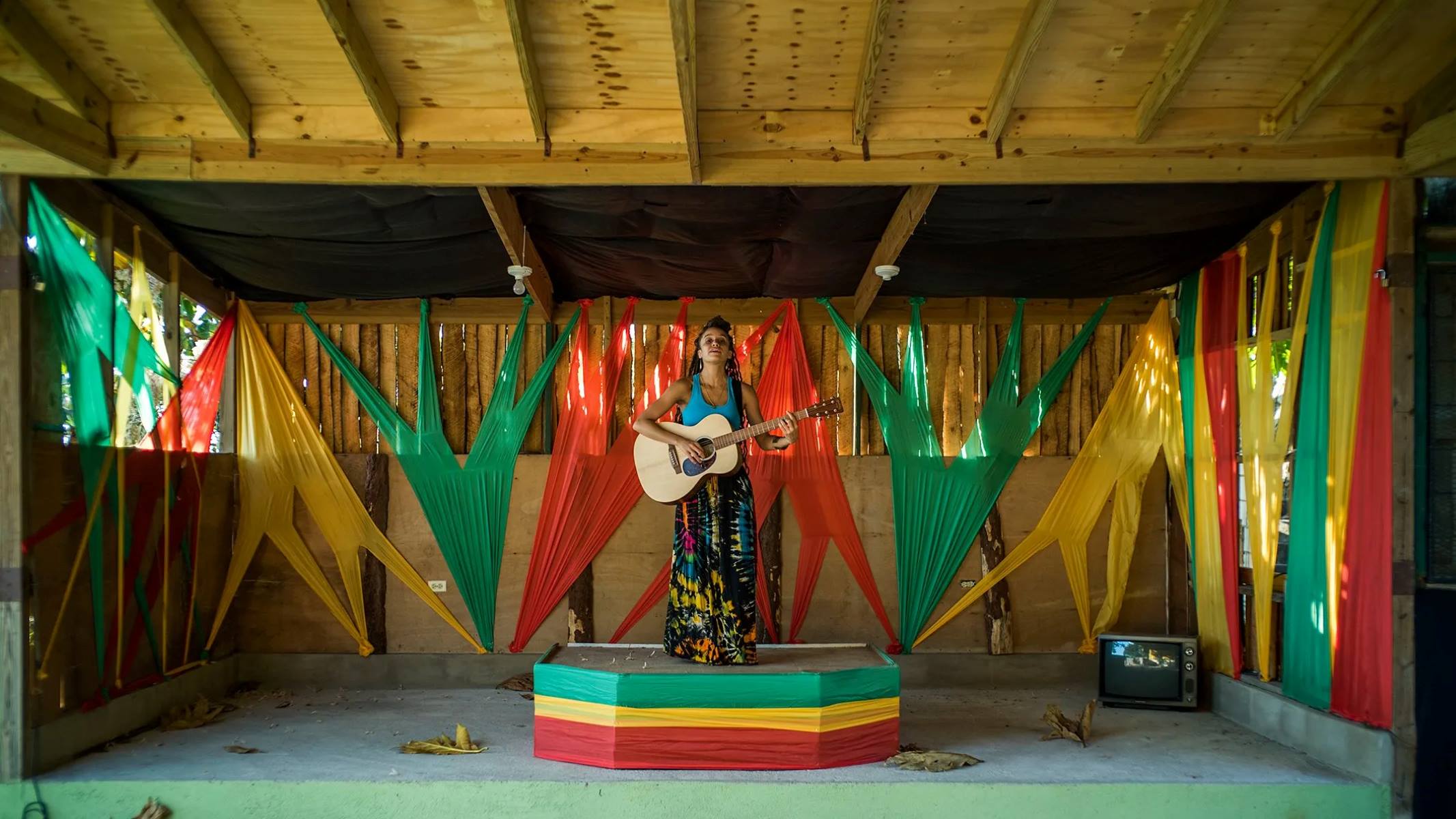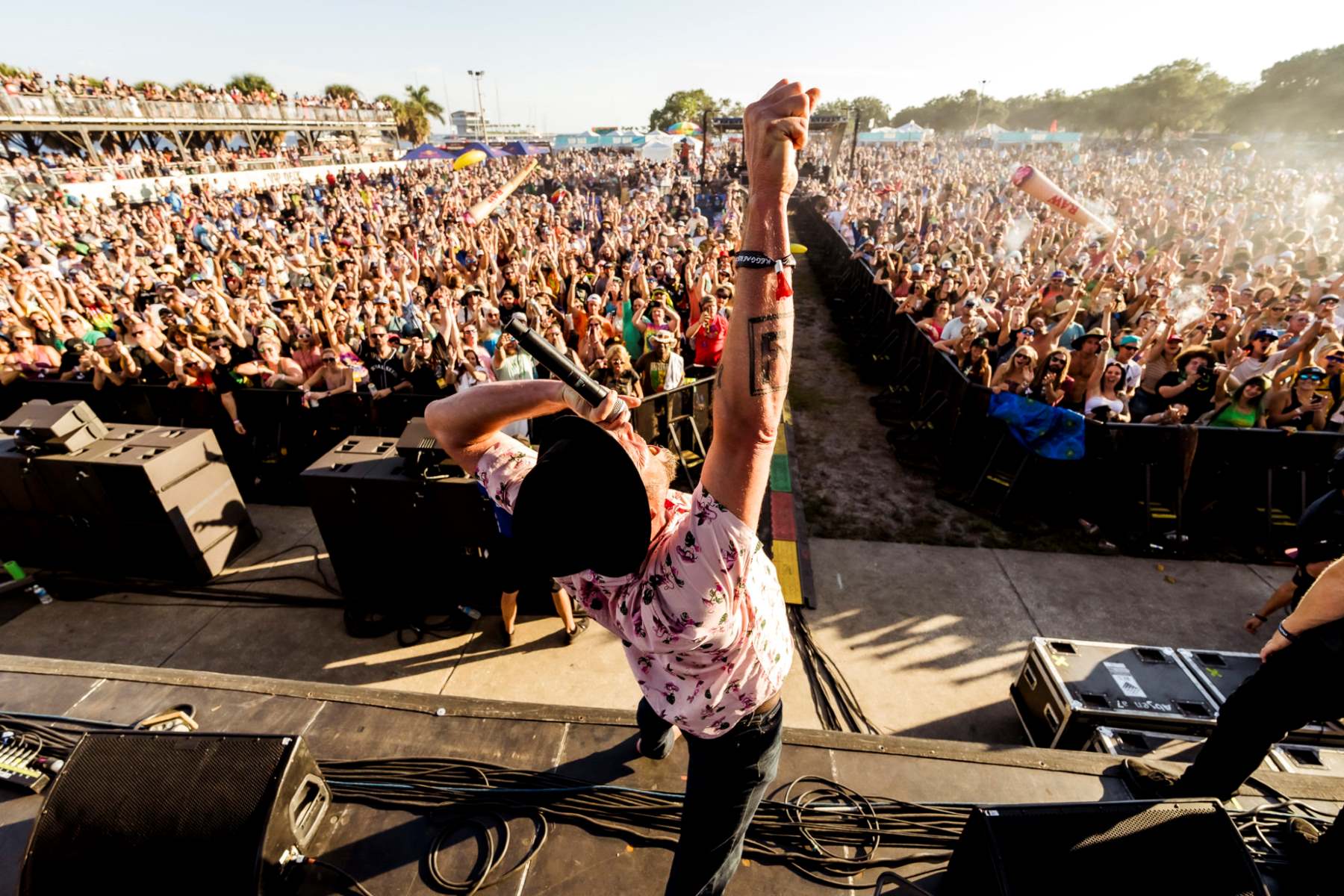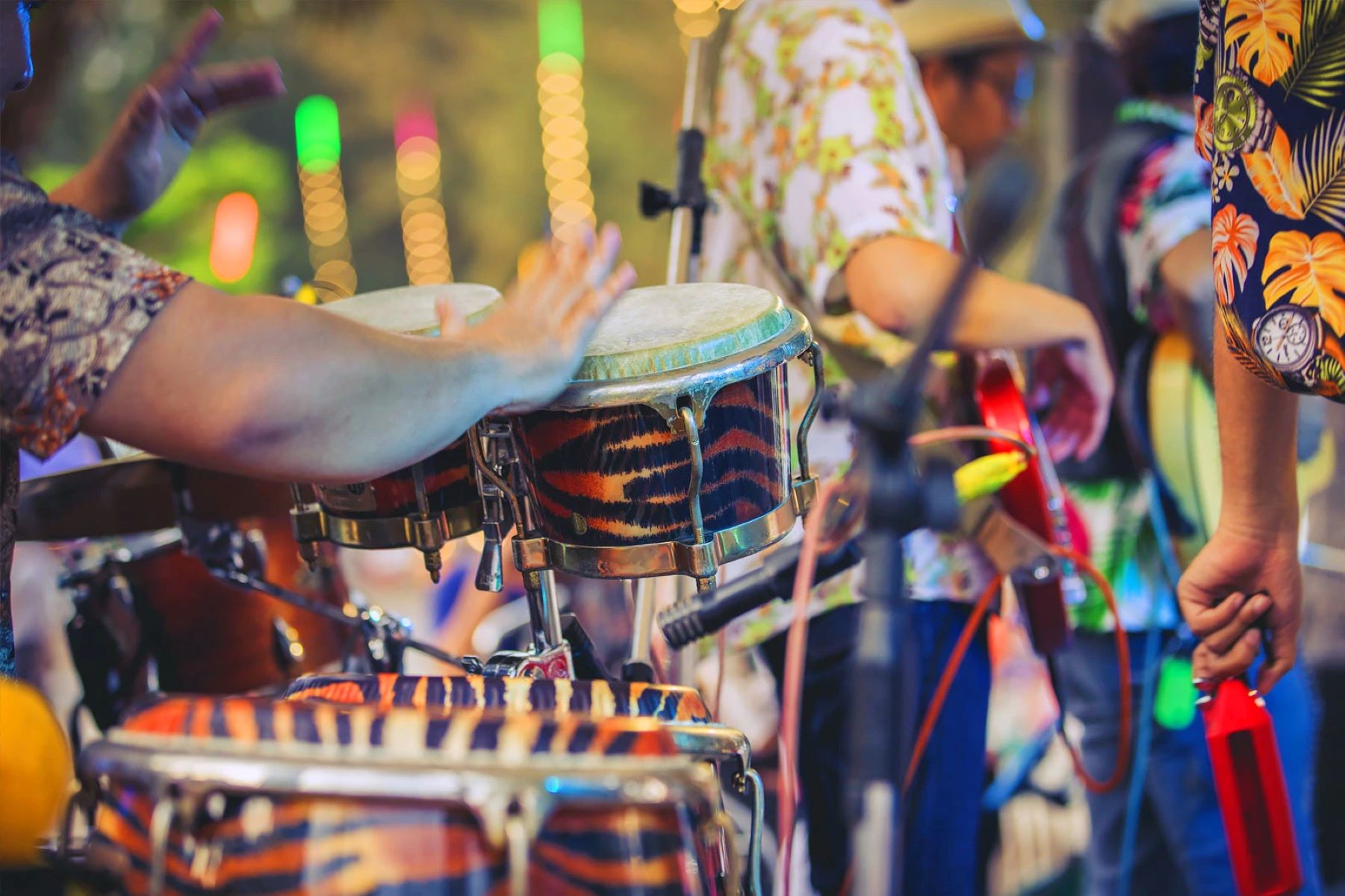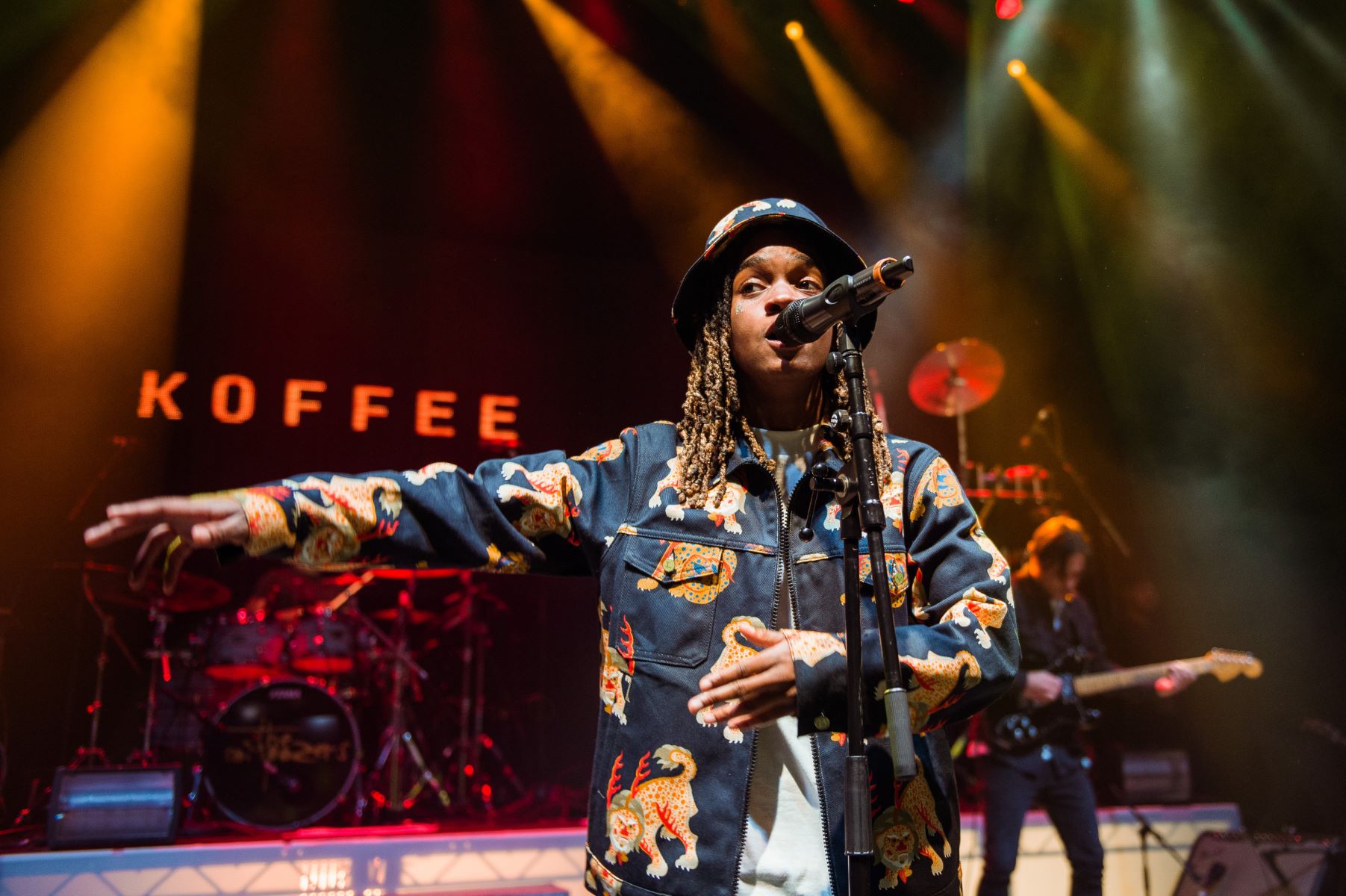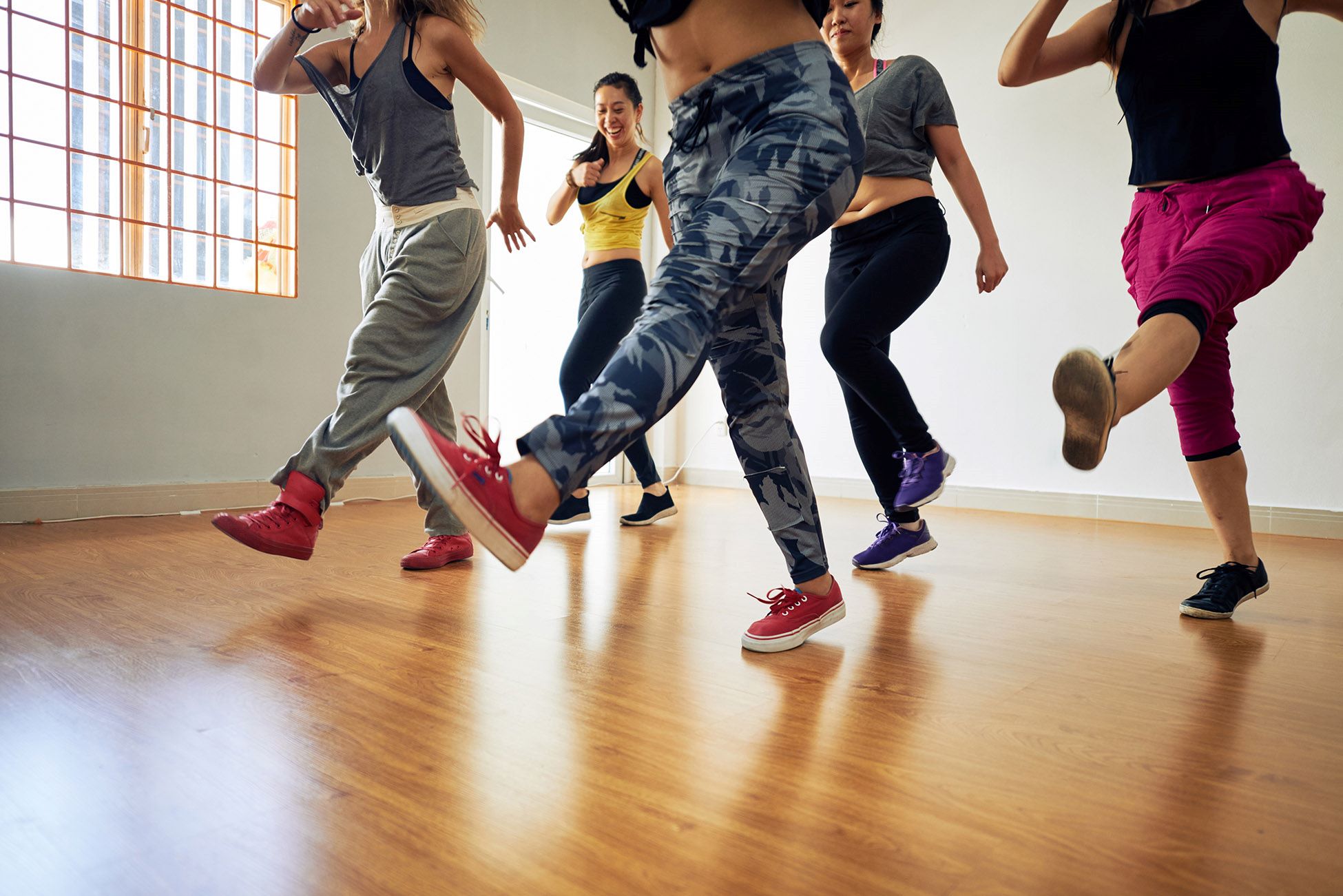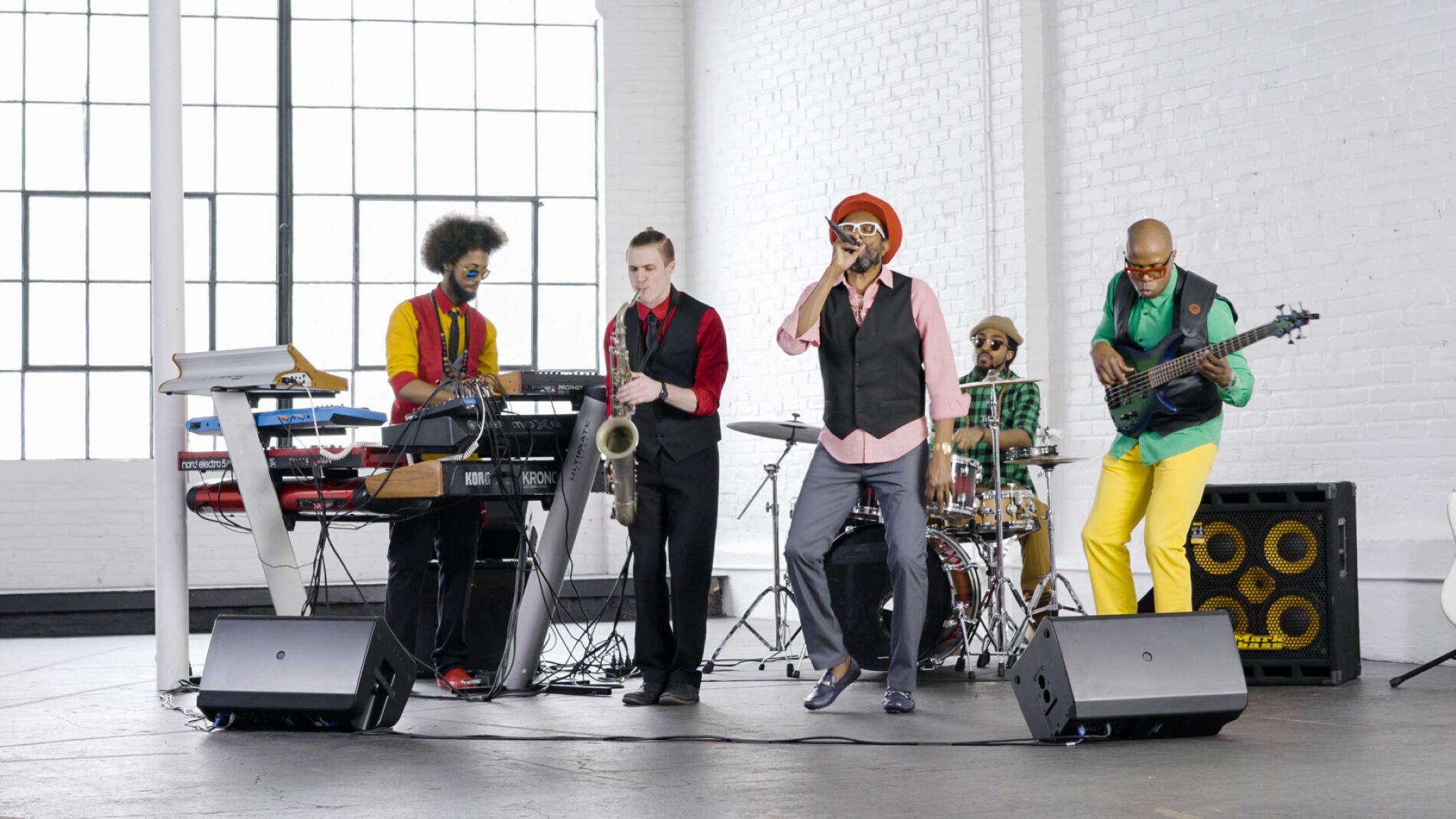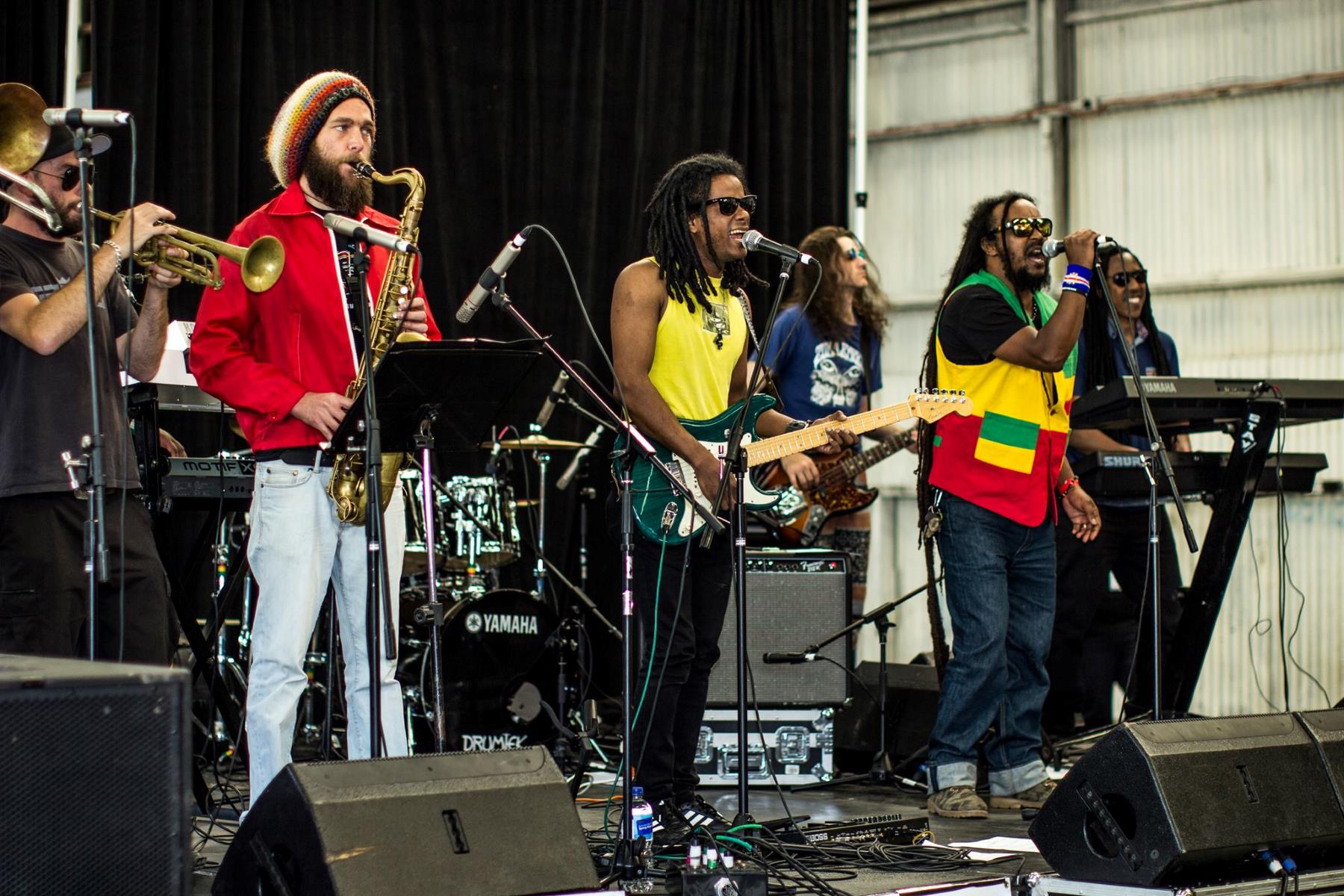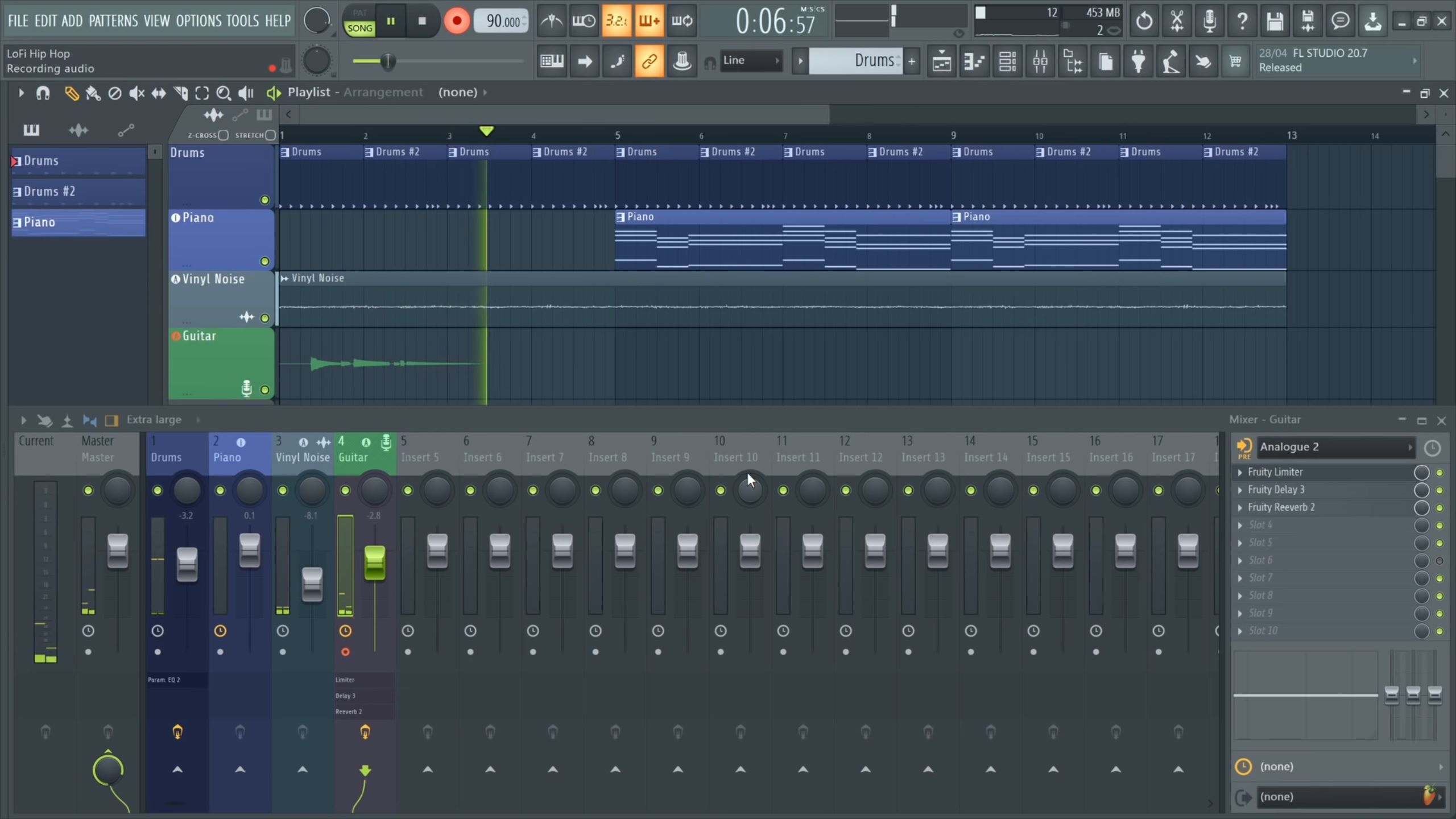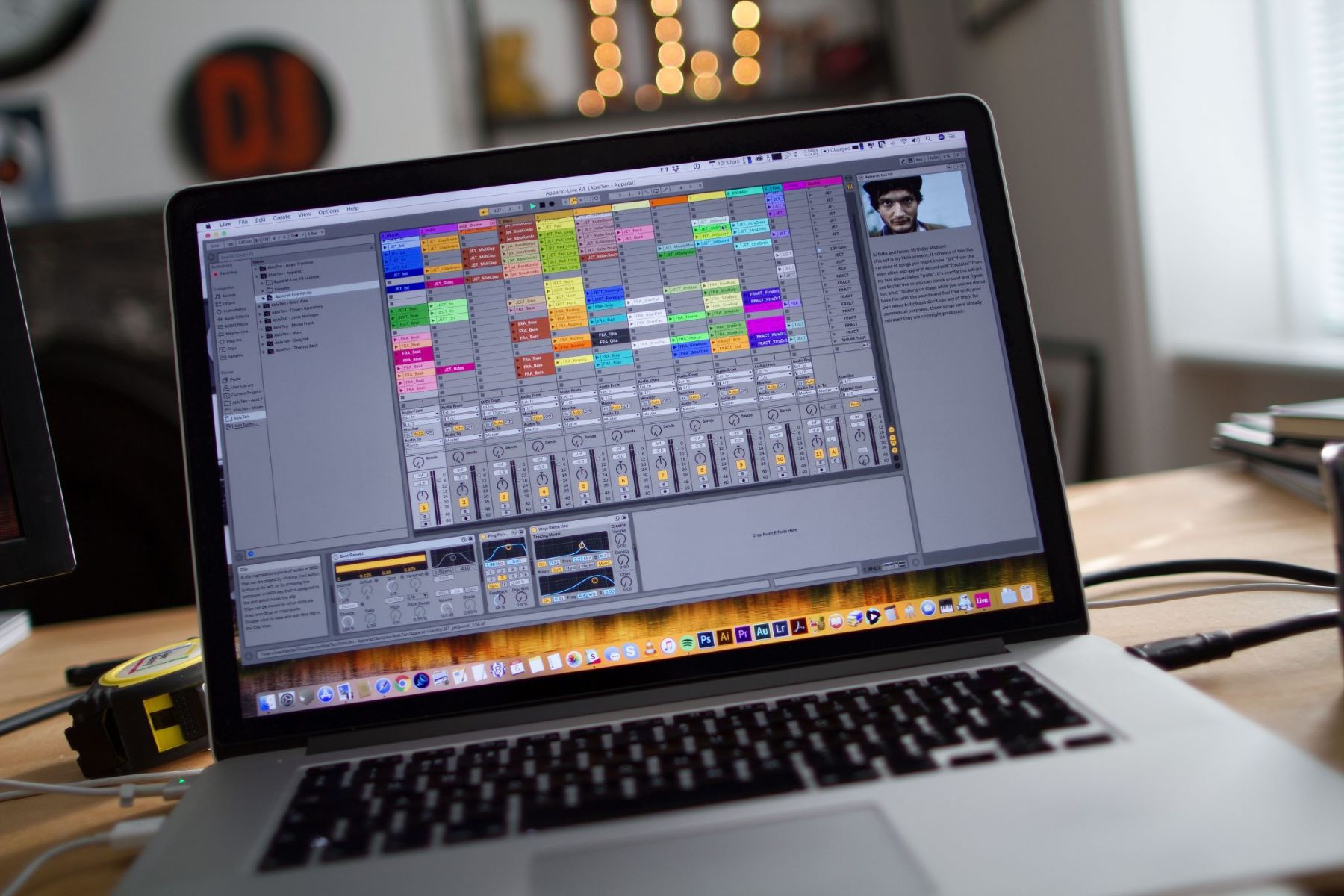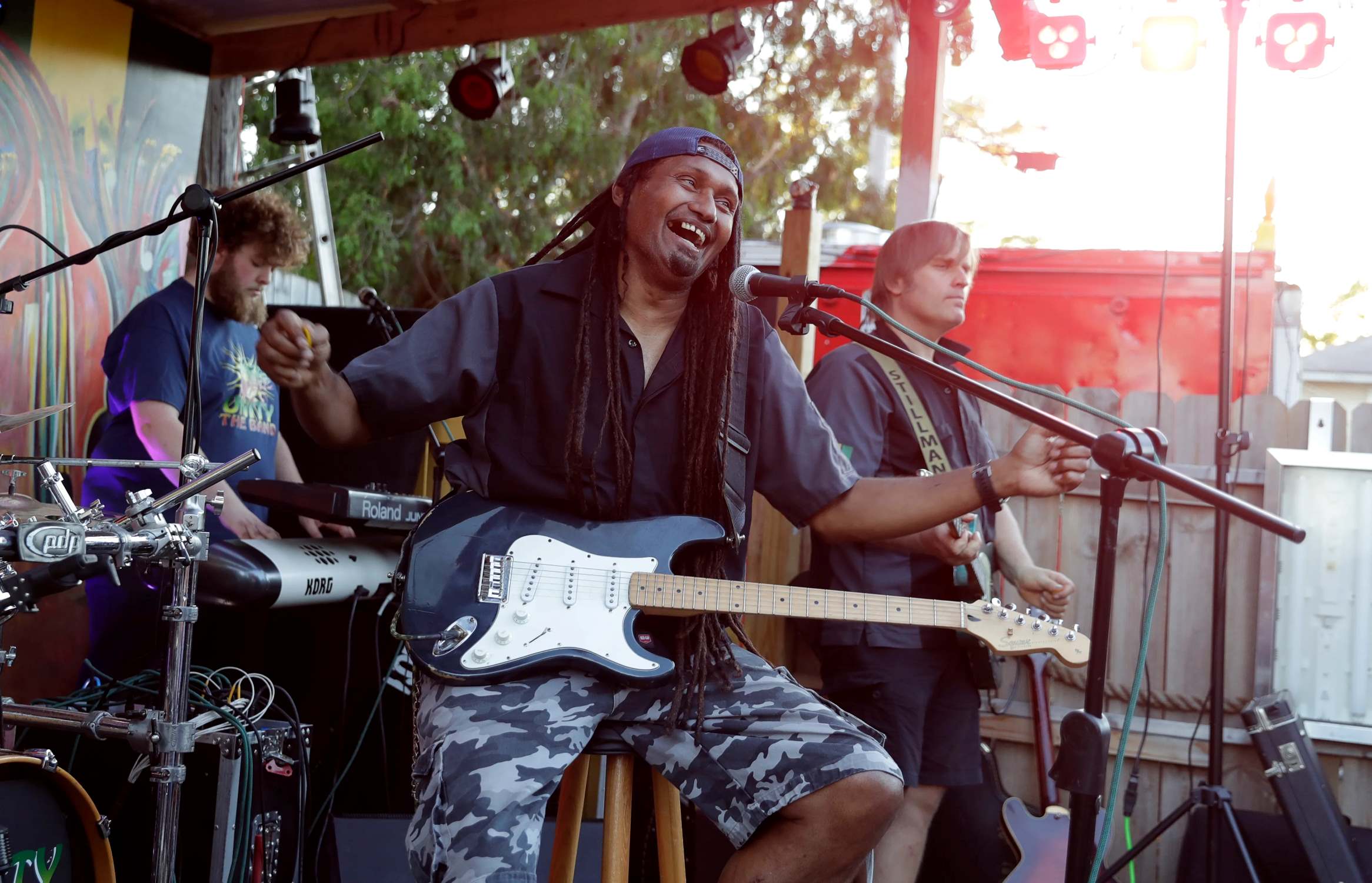

Reggae
How Does Reggae Bring Unity
Modified: February 18, 2024
Explore how reggae music fosters unity among diverse communities through its inclusive rhythms and powerful lyrics. Discover the transformative power of reggae as a catalyst for harmony and cultural understanding.
(Many of the links in this article redirect to a specific reviewed product. Your purchase of these products through affiliate links helps to generate commission for AudioLover.com, at no extra cost. Learn more)
Table of Contents
Introduction
Reggae music, with its infectious rhythm and soulful lyrics, has long been associated with unity and the spirit of togetherness. Originating from Jamaica in the late 1960s, reggae music has transcended cultural boundaries and has become a universal language that brings people from all walks of life together.
At its core, reggae music is a reflection of the Jamaican people’s struggle for freedom, justice, and equality. It was born out of the social and political turmoil of the time, echoing the cries for change and the need for unity. Reggae’s powerful beats and conscious lyrics have resonated with audiences worldwide, providing them with an avenue to express their own frustrations and aspirations.
Reggae’s messaging of love, peace, and unity has struck a chord with millions of listeners, fostering a sense of camaraderie and solidarity. It has become more than just a genre of music; it has become a movement that brings people together, transcending nationalities, cultures, and languages.
Through this article, we will explore the origins of reggae music, its essence of unity, its social and political commentary, its role in social change, its influence on other genres, and its global impact on fostering connections and understanding among diverse communities. Join us as we delve into the world of reggae and discover how this vibrant genre continues to bring people together around the world.
The Origins of Reggae Music
Reggae music originated in Jamaica in the late 1960s, drawing influences from ska and rocksteady, two popular genres at the time. The distinctive sound of reggae can be attributed to its syncopated rhythm, characterized by the prominent off-beat accents on the guitar and drum. This rhythm, known as the “skank,” forms the backbone of reggae music and gives it its infectious groove.
Reggae was born out of the social and political climate of Jamaica, a country grappling with issues of inequality, poverty, and political unrest. It was a musical response to the struggles faced by the Jamaican people and served as a means of expressing their frustrations and hopes for a brighter future.
Pioneers such as Bob Marley, Peter Tosh, and Bunny Wailer played a pivotal role in popularizing reggae music and spreading its message of unity and social consciousness. Their music resonated with both local and international audiences, earning reggae a place on the global stage.
One of the key figures in the development of reggae was producer and record label owner Clement “Sir Coxsone” Dodd, who founded Studio One, a legendary recording studio in Kingston. Artists like The Wailers, Toots and the Maytals, and Lee “Scratch” Perry recorded their groundbreaking tracks at Studio One, contributing to the growth of reggae music.
Reggae music also drew inspiration from Rastafarianism, a spiritual and cultural movement in Jamaica. Rastafarianism’s emphasis on social justice, equality, and the power of music as a tool for liberation strongly resonated with the themes of reggae. The iconic dreadlocks and red, green, and gold colors associated with Rastafarianism became symbolic of reggae music and its message of unity and resistance.
As reggae gained popularity, it spread beyond the shores of Jamaica and found a home in diverse communities around the world. Its infectious rhythm and uplifting lyrics resonated with people from all walks of life, transcending cultural and linguistic barriers.
Today, reggae music continues to evolve and inspire new generations of musicians. Its influence can be heard in various genres, from hip-hop to pop, showcasing its lasting impact on the music industry. Despite the evolution of reggae, its original message of unity, love, and social justice remains at its core, making it a genre that continues to bring people together.
The Essence of Unity in Reggae
Unity lies at the heart of reggae music. It serves as a powerful force that brings people together, fostering a sense of togetherness and solidarity. The essence of unity in reggae can be found in its lyrics, rhythm, and the shared experiences it reflects.
Reggae music often tackles themes of social and political injustice, highlighting the need for unity in the face of adversity. The lyrics speak of love, equality, and the collective struggle of marginalized communities. By addressing these issues, reggae encourages listeners to come together and work towards a more just and equitable society.
The rhythmic pulse of reggae is infectious, inviting people to move and dance in unison. Whether through the “skank” rhythm or the deep, bass-heavy grooves, reggae’s melodic and rhythmic patterns create a shared experience. When the music starts, barriers dissolve, and everyone becomes part of a collective celebration.
Moreover, reggae’s call-and-response style engenders a sense of unity and participation. It encourages audience engagement, with the artist and listeners engaging in a musical dialogue. This interaction creates a sense of connection and collaboration, reinforcing the idea that everyone is part of a larger reggae community.
Reggae music also celebrates diversity and inclusivity. It embraces cultural influences from around the world, incorporating elements of African, American, Caribbean, and European music. This fusion of sounds and styles encourages cross-cultural understanding and appreciation, promoting unity among different backgrounds and perspectives.
Additionally, reggae serves as a unifying force in times of cultural and political division. It has been used as a tool for bridging gaps and promoting peace and understanding in conflict-ridden areas. In places like Jamaica, where violence and tribalism have plagued the society, reggae music has played a role in bringing communities together, fostering a sense of shared identity and purpose.
Reggae’s commitment to unity extends beyond its music. It is also reflected in the reggae community itself, which boasts a worldwide network of passionate fans, artists, and activists. Through reggae festivals, concerts, and social gatherings, people from all walks of life come together to celebrate and share their love for the genre. These events create spaces where unity and positive energy thrive, transcending boundaries and fostering connections that go beyond the music.
In essence, reggae music embodies the power of unity. Its lyrics, rhythm, and inclusive nature inspire individuals to come together, embracing solidarity, love, and social change. Reggae serves as a reminder that, despite our differences, we are all connected, sharing a common humanity. Through reggae, the world can experience the transformative power of unity and strive towards a more harmonious and inclusive future.
Social and Political Commentary in Reggae
Reggae music is known for its profound social and political commentary, using lyrics as a vehicle to address pressing issues and advocate for change. From its inception, reggae artists have fearlessly tackled topics such as poverty, racism, inequality, and political corruption.
One of the most iconic figures in reggae history, Bob Marley, used his music as a platform to shed light on social and political injustices. Songs like “Get Up, Stand Up” and “War” were powerful anthems that advocated for the rights of the oppressed and called for an end to systemic discrimination.
Reggae artists also address issues unique to their local communities. For example, Jamaican reggae musicians chronicle the struggles faced by poor and marginalized communities in their homeland. Their lyrics raise awareness about poverty, violence, and economic inequality, amplifying the voices of those who are often silenced.
The power of reggae music lies in its ability to humanize these issues by telling the stories of real people. Through their lyrics, reggae artists create a sense of empathy and solidarity, encouraging listeners to confront uncomfortable truths and work towards a more equitable society.
Moreover, reggae has been a platform for political commentary, both domestically and internationally. In Jamaica, reggae music played a crucial role in putting pressure on the ruling government during a time of political turmoil. Artists used their music to criticize corruption and call for democratic reforms, challenging the status quo and demanding accountability.
Internationally, reggae became a symbol of resistance against colonialism and apartheid. During the 1970s and 1980s, when these oppressive systems were still in place, reggae artists from Jamaica and South Africa united to create music that spoke out against racial discrimination and advocated for freedom and equality.
Reggae’s social and political commentary continues to resonate with audiences worldwide. Whether it is addressing issues of police brutality, environmental degradation, or the refugee crisis, reggae serves as a clarion call for justice, urging individuals to take action and stand up against injustice.
Reggae’s influence extends beyond the music. Artists actively engage in community activism and use their platforms to raise awareness and support social causes. The collaborative nature of reggae festivals and concerts allows artists, activists, and audiences to come together and create a collective voice for change.
Reggae’s social and political commentary not only educates and inspires, but also brings people together around a shared purpose. It encourages dialogue, empathy, and a sense of responsibility for the world we live in. Through its powerful messages and calls for action, reggae music serves as a catalyst for positive social and political transformation.
Reggae Music as a Tool for Social Change
Reggae music has long been recognized as a potent tool for social change. Its powerful lyrics, infectious rhythms, and universal message of love and unity have the ability to inspire and galvanize individuals and communities to take action towards a more just and equitable world.
One of the ways in which reggae music contributes to social change is by raising awareness about pressing social issues. Through their lyrics, reggae artists shed light on topics such as poverty, inequality, racial discrimination, and environmental degradation. They serve as the voice of the marginalized, articulating their struggles and calling for justice.
Reggae music also encourages listeners to examine their own role in society and take responsibility for effecting change. It inspires individuals to challenge the status quo and actively participate in creating a more inclusive and compassionate world. By promoting empathy and understanding, reggae fosters a sense of collective responsibility and encourages people to stand up for what they believe in.
Moreover, reggae artists often use their platforms to advocate for specific social causes. They actively engage in community activism, raising funds and awareness for issues such as education, healthcare, and environmental conservation. Through benefit concerts, charity events, and collaborations with other artists, reggae musicians leverage their influence to make a tangible impact on society.
Reggae music is also a means of promoting cultural and historical awareness. It celebrates the rich heritage of Jamaica and the African diaspora and encourages listeners to embrace and appreciate their roots. By honoring their cultural identity, individuals gain a greater sense of pride and empowerment, and this in turn fuels the drive for social change.
Furthermore, reggae music has been instrumental in giving voice to movements and revolutions around the world. In the 1970s, reggae played a significant role in the anti-apartheid movement in South Africa, delivering messages of resistance and hope. Similarly, reggae became a symbol of resistance and liberation during struggles against colonialism and oppression in various parts of the world.
Reggae’s ability to transcend cultural and linguistic barriers has also contributed to its impact as a tool for social change. The music’s universal appeal has allowed its message to reach diverse audiences globally, breaking down barriers and fostering cross-cultural understanding. In this way, reggae serves as a unifying force, fostering empathy and encouraging collaborations across borders.
Overall, reggae music has consistently demonstrated its capacity to effect social change. Through its lyrical content, activism, cultural preservation, and global reach, reggae has become a powerful force for justice, equality, and the realization of a more harmonious world. By harnessing the power of music, reggae inspires individuals to take action and work towards positive and lasting social transformation.
Reggae Festivals and Concerts: Bringing People Together
Reggae festivals and concerts are more than just musical events; they are vibrant celebrations of unity, love, and the reggae culture. These gatherings bring people from all walks of life together, transcending differences and fostering a sense of togetherness that is unique to reggae music.
Reggae festivals provide a space for artists, fans, and enthusiasts to come together and immerse themselves in the reggae experience. These events showcase a diverse lineup of local and international reggae artists, creating an atmosphere of excitement and anticipation. Attendees can enjoy live performances, dance to the infectious rhythms, and connect with others who share a passion for reggae music.
One of the defining features of reggae festivals is the undeniable sense of positivity and camaraderie. People of all ages, backgrounds, and nationalities come together in a spirit of unity, leaving behind their differences and connecting through their shared love for reggae. The relaxed and welcoming atmosphere is infectious, creating a sense of belonging and community.
Reggae festivals also provide a platform for emerging artists to showcase their talent and gain exposure. It is a space where up-and-coming musicians can connect with industry professionals, collaborate with established artists, and build their fan base. This nurturing environment encourages creativity and contributes to the growth and diversity of the reggae music scene.
In addition to the music, reggae festivals embrace the wider reggae culture. Attendees can enjoy traditional Jamaican cuisine, arts and crafts, and educational workshops that explore the cultural roots and social impact of reggae music. These elements add depth to the festival experience and offer opportunities for learning, cultural exchange, and personal growth.
Reggae concerts, whether they are held in small venues or large arenas, offer similar experiences that bring people together. The energy and enthusiasm of the crowd, combined with the powerful music, create a collective experience that goes beyond mere entertainment. Concert-goers become part of a larger community, connected by the shared love for reggae and the messages it represents.
Furthermore, the power of reggae festivals and concerts extends beyond the music itself. Many of these events incorporate social and environmental initiatives, raising awareness and funds for important causes. They serve as platforms for activism and advocacy, promoting social justice, sustainability, and community development. By aligning the festival experience with values of social responsibility, reggae festivals contribute to making a positive impact on the world.
Reggae festivals and concerts have a profound ability to break down barriers, foster understanding, and create lasting connections. They provide an opportunity for people to celebrate their shared love for reggae music, embrace diversity, and embrace the values of unity and equality that the genre embodies. Whether in Jamaica, Europe, or any other corner of the world, reggae festivals and concerts continue to be powerful catalysts for bringing people together and spreading the positive vibrations of reggae music.
The Global Impact of Reggae on Unity
Reggae music’s impact on unity extends far beyond its Jamaican roots. It has become a global phenomenon, spreading its message of love, peace, and unity to all corners of the world. Reggae’s universal appeal has transcended cultural and language barriers, fostering connections and inspiring unity among diverse communities.
Reggae’s inclusive and uplifting message has resonated with people on a global scale. Its themes of social justice, equality, and the power of unity have struck a chord with listeners worldwide, leading to a growing international reggae community. Regardless of background or nationality, individuals find solace and inspiration in reggae music, coming together around a shared appreciation for its powerful messages.
Reggae’s impact on unity is evident in the abundance of reggae festivals, concerts, and events held worldwide. These gatherings bring together people from different cultures, backgrounds, and walks of life, with the common goal of celebrating reggae music and embracing its unifying values. It is in these spaces that barriers dissolve, and a sense of global unity takes center stage, as individuals bond over their shared passion for reggae.
Reggae music has been a catalyst for cultural exchange and understanding. Artists from diverse backgrounds have embraced the genre, incorporating reggae elements into their own music. This fusion of genres and styles has helped break down stereotypes, foster dialogue, and encourage appreciation for different cultures and perspectives. Through reggae, individuals can connect and learn from one another, strengthening the bonds that unite humanity.
The power of reggae to unite can be seen in its influence on social movements and revolutions around the world. During times of political and social unrest, reggae music has served as a source of inspiration and fuel for change. It has provided a voice for the marginalized and oppressed, igniting a sense of collective action and defiance against injustice.
Reggae’s impact on unity is not limited to its music. It has given rise to a global reggae community that extends beyond the realm of music. Fans, artists, and activists have come together to collaborate on social and environmental initiatives. They work towards common goals, such as promoting peace, education, and sustainability, harnessing the power of reggae as a force for positive change.
The global impact of reggae on unity can also be seen in the recognition and celebration of International Reggae Day on July 1st. This annual observance brings together reggae enthusiasts from around the world to honor the genre’s cultural significance and its ability to foster connections and understanding. It serves as a reminder of the power of reggae to break down barriers and promote unity on a global scale.
As reggae music continues to evolve and make its mark on the global stage, its ability to inspire unity and bring people together remains unchanged. Through its infectious rhythm, conscious lyrics, and universal appeal, reggae transcends boundaries, bridging gaps, and promoting a sense of shared humanity. It is through the power of reggae that the world can find common ground and strive for a more united and harmonious future.
Reggae’s Influence on Other Genres
Reggae’s impact goes beyond its own genre, as it has made a significant influence on various other styles of music. Through its unique sound, infectious rhythms, and powerful messages, reggae has permeated different musical genres, leaving an indelible mark on the global music landscape.
One of the most notable genres that has been influenced by reggae is hip-hop. The rhythmic patterns and the lyrical flow of reggae have been incorporated into hip-hop music, creating a fusion known as reggae-influenced rap. Artists like The Fugees, KRS-One, and Naughty by Nature have incorporated reggae elements into their music, from borrowing reggae beats to infusing their lyrics with reggae-style vocal delivery.
Similarly, reggae has had a significant impact on rock music. Bands like The Police, with their hits like “Roxanne” and “Message in a Bottle,” incorporated reggae rhythms and the distinctive guitar style associated with reggae into their songs. The fusion of rock and reggae elements created a fresh and unique sound that resonated with global audiences.
Reggae’s influence can also be found in pop music. Artists such as Rihanna, with her single “Man Down,” and Jason Mraz, with his hit “I’m Yours,” have incorporated reggae rhythms and elements into their catchy pop tunes, infusing their music with a laid-back and infectious groove that captivates listeners.
Furthermore, reggae’s influence is not restricted to Western music. It has impacted genres such as Afrobeat, Latin, and even electronic music. Artists like Fela Kuti and Manu Chao have drawn inspiration from reggae, incorporating its grooves and social consciousness into their music. The fusion of reggae with these genres has created a unique and refreshing sound that appeals to a wide range of listeners.
The influence of reggae can also be seen in world music genres. Artists from different parts of the globe, such as Alpha Blondy from Ivory Coast and Lucky Dube from South Africa, have integrated reggae elements into their music, spreading reggae’s message of unity, spirituality, and social justice to their own cultural contexts.
Reggae’s impact on other genres extends beyond sound. It has inspired artists to tackle social and political issues in their own music, amplifying reggae’s commitment to social change and justice. Many artists have adopted reggae’s conscious and rebellious spirit, infusing their lyrics with messages of resistance, empowerment, and equality.
Overall, reggae’s influence on other genres is a testament to its widespread appeal and timeless relevance. Its distinct sound and powerful messages have paved the way for innovative musical fusions, pushing boundaries and creating new sonic landscapes.
Reggae’s impact continues to inspire artists and audiences to explore new possibilities and break down genre barriers. Through its influence, reggae has not only shaped the evolution of music but also contributed to the spread of reggae’s core values of unity, love, and social consciousness throughout the diverse tapestry of the global music scene.
Conclusion
Reggae music has proven itself to be much more than just a genre of music. It embodies the spirit of unity, bringing people together regardless of their backgrounds, cultures, or languages. From its origins in Jamaica to its global impact, reggae has served as a powerful force for social change, spreading messages of love, equality, and justice.
Through its infectious rhythms and conscious lyrics, reggae has provided a soundtrack to express the collective struggles and aspirations of communities around the world. It has been a voice for the marginalized, amplifying their stories and empowering them to demand a more equitable society.
Reggae festivals and concerts have provided platforms for people to come together, celebrate diversity, and forge connections. These events serve as reminders that music has the incredible power to break down barriers and create a sense of shared humanity. Reggae festivals have become hubs of unity, where individuals can experience the positive vibrations and immersive cultural experiences that reggae offers.
Reggae’s influence extends beyond its own genre, as it has inspired artists from various musical backgrounds. Its impact can be heard in genres such as hip-hop, rock, pop, and world music, creating unique fusions that continue to captivate and reach audiences worldwide.
Furthermore, reggae’s global impact extends beyond the music itself. It has become a symbol of resistance, a tool for social change, and a voice for the voiceless. Reggae’s influence has given rise to a global community of artists, fans, and activists who work together to promote social justice, cultural awareness, and environmental sustainability.
In conclusion, reggae music’s essence of unity remains powerful and pervasive. With its rich history, inspiring messages, and ability to transcend boundaries, reggae continues to bring people together, fostering connections, promoting understanding, and inspiring positive change. It represents the unwavering belief that through unity, love, and a collective commitment to social transformation, we can create a better world for all.

